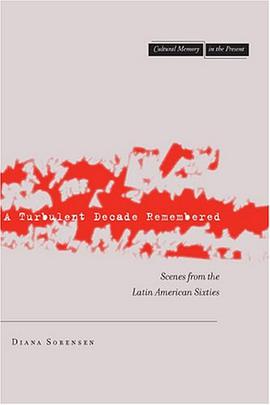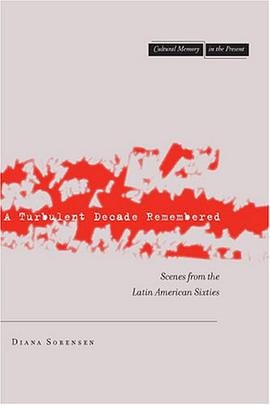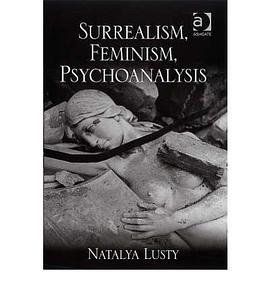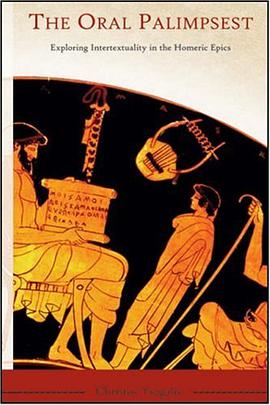

"Beyond Maximus: The Construction of Public Voice in Black Mountain Poetry" is the only study of Black Mountain poets (Charles Olson, Robert Creeley, Robert Duncan, Denise Levertov, and Ed Dorn) to explain their association from the 1950s to their break-up after the Vietnam War. Dewey uses the poets' correspondence and other archival materials to illuminate their mutual influence and the crucial significance of "field poetics" to their careers. While previous criticism has focused on the poetics of the force field as a model of nature, Dewey understands the force field as a model of social force that all five poets articulate and incorporate into poetry in ways that compete with artistic craft. Their different conceptions of social force explain their divergent careers. The development of "field poetics" also sheds light on these poets' attempts to create an alliance between experimental poetics and public voice, a difficult agenda that speaks to Black Mountain poetry's crucial contribution to the artistic and political struggles of New American poetry.
具体描述
读后感
评分
评分
评分
评分
用户评价
相关图书
本站所有内容均为互联网搜索引擎提供的公开搜索信息,本站不存储任何数据与内容,任何内容与数据均与本站无关,如有需要请联系相关搜索引擎包括但不限于百度,google,bing,sogou 等
© 2025 book.wenda123.org All Rights Reserved. 图书目录大全 版权所有




















